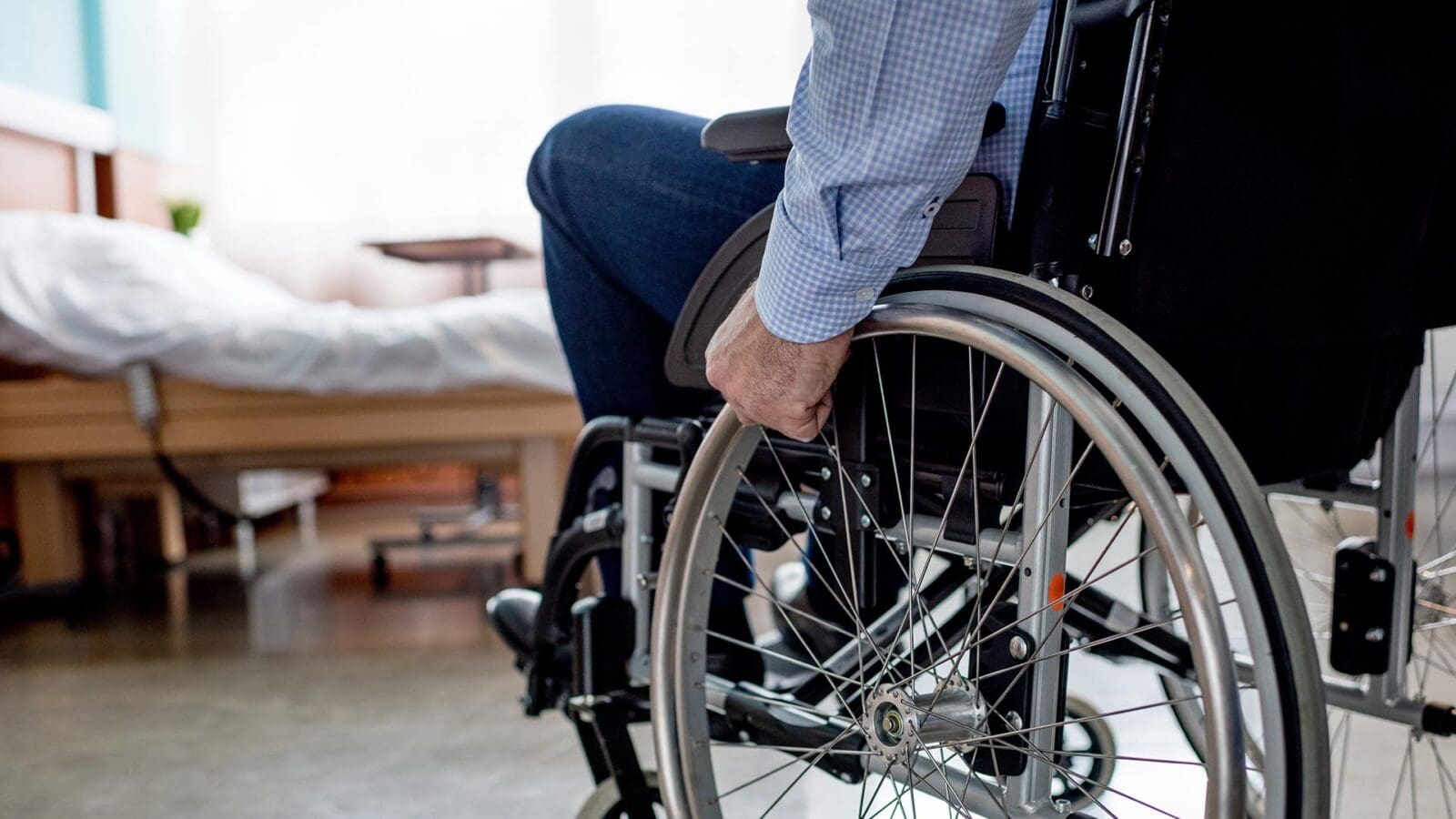
Veterans Disability For Degenerative Disc Disease
Understanding VA Rating for Degenerative Disc Disease: How We Can Help
The pain caused by degenerative disc disease can affect every aspect of a person’s life, from their ability to work to their capacity to perform daily activities. This can have a major impact on how a person earns income, spends time with their family, and engages in their community. If you suffer from degenerative disc disease, you may be entitled to VA disability degenerative disc disease benefits. As a law firm serving veterans across all 50 states, we have the resources and experience required to guide our clients through the claims process, improve a low degenerative disc disease VA rating, and successfully appeal even the most complex denials. Through our work, our team of VetLaw attorneys has helped countless veterans obtain the benefits they need and deserve. To learn more about how we can help, consider contacting our office today.
What Is Degenerative Disc Disease?
Degenerative disc disease (DDD) develops when the cushioning in the spine begins to wear away. Spinal discs act as shock absorbers between the bones of your spine, allowing your back to stay flexible. When these shock absorbers wear down, the bones can begin to rub together. While nearly everyone experiences wear and tear on their spinal discs, it is not normal to feel pain. If you do feel pain caused by a change in the discs of your spine, you may have degenerative disc disease.
What Are Common Symptoms Experienced by Service Members?
The most common symptom of degenerative disc disease is pain in the lower region of the back, buttocks, and upper thigh. Oftentimes, this pain comes and goes, and can last for weeks or months at a time. The pain may become worse when bending, sitting, or lifting and may be relieved after changing position or lying down. Some people report that the painful sensation radiates down their leg or causes tingling in the extremities.
Veterans are at high risk for developing back issues such as degenerative disc disease. Among the most common reasons why veterans develop this condition, include:
- The disc dries out, becoming thinner and less absorbent to shock. This happens naturally as we age, and the core loses water. Veterans between the ages of 40 and 60 may be more likely to experience DDD-related pain for this reason.
- Exercise, activities, and sports can result in tears of the outer core of the disc. Tears near the nerves can become particularly painful. In extreme situations, the disc can bulge and move out of place, becoming a herniated disc. Considering that veterans regularly engage in strenuous physical activity on tough terrain, they are vulnerable to tears in the disc leading to this condition.
- Injuries that occur during their time in the military. Experiencing an orthopedic injury or other injury of the back such as a lumbosacral strain can directly lead to DDD and serious, long-lasting back pain.
What Should You Do If You Have Degenerative Disc Disease Related to Your Time in the Military?
If you have degenerative disc disease related to your time in the military, you may be entitled to VA disability degenerative disc disease benefits. The process of applying for and obtaining VA disability benefits can be challenging, and many veterans seek assistance from experienced attorneys for support and guidance. To receive benefits for your disability, you must prove that your condition is connected to your time in the military. To prove service connection, there must be evidence that:
- You have a current diagnosis of this condition from a medical professional
- There was an in-service event, injury, or illness
- A medical nexus (connection) exists that links your condition to the in-service event, injury, or illness
To file a claim for VA disability benefits for degenerative disc disease, you must complete and submit the VA Form 21-526EZ and include all evidence related to your case. Your attorney can help you prepare your application, ensuring that all common pitfalls are avoided during the process and optimizing your chance of success.
Does the VA Consider Degenerative Disc Disease to Be a Disability?
The VA does consider degenerative disc disease to be a disability. Typically, the Diagnostic Code for the lumbar spine is used, because loss of range of motion is a higher rating. A minimum of 10 percent rating is always assigned for any painful motion.
Degenerative Disc Disease as a Secondary Condition
In some situations, veterans develop degenerative disc disease as a secondary condition. For instance, if an individual suffers from knee pain that was caused by an injury during their time in the military, they may develop an atypical gait due to favoring one leg over the other. In time, this uneven shift in weight can cause degenerative disc disease.
Here, the veteran’s DDD diagnosis is directly connected to their primary condition of knee pain and is therefore considered a secondary condition. It should be noted that veterans are not required to file for their secondary condition(s) at the same time as their primary condition. They are permitted to apply later after symptoms develop over time. As a secondary condition, you will receive a separate degenerative disc disease VA rating.
What Is the VA Rating for Degenerative Disc Disease?
According to the VA’s criteria, if a veteran’s condition is established by X-ray findings, their degenerative disc disease VA rating is assigned based on the limitation of motion of the joint or joints involved. A medical professional will assess symptoms such as spasming, swelling, and pain when determining the limitation of motion.
Overall, the VA will consider the severity of your symptoms, anatomical damage, and loss of function when assigning a disability rating. Generally, the more severe your symptoms and the greater impact these symptoms have on your life and bodily function, the higher your rating.
How Can VetLaw Help You Appeal Your VA Claim Denial?
Between excessive paperwork, stringent evidence requirements, and countless administrative rules, filing a claim for VA disability degenerative disc disease benefits can be a difficult and stressful process. Receiving a denial after investing so much time and energy into your claim can leave you feeling defeated and disheartened. Appealing an unfair VA claim denial is an opportunity to fight for your rights and improve upon your case.
Through specific legal strategies, you can successfully improve your degenerative disc disease VA rating and appeal the VA’s decision on your claim. At VetLaw, we have spent years guiding veterans and their families through the appeals process, working tirelessly to win their cases. To begin building your legal strategy and learning more about how we can advocate for you, consider scheduling your free case review with our team today.



